Best Vegetable Mulch: Learn About Mulch For Vegetable Plants
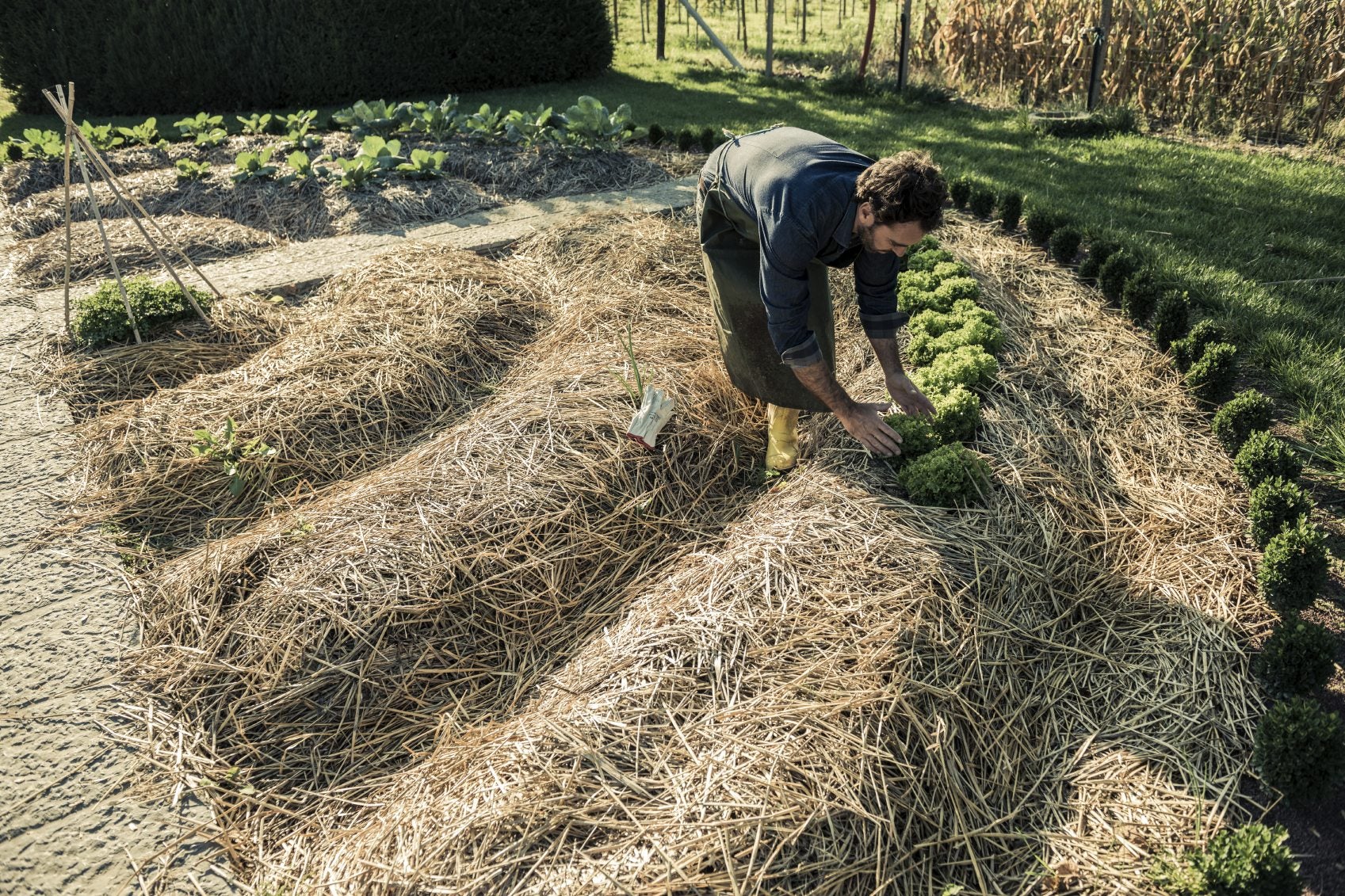

Mulching veggie beds can increase porosity, minimize weeds, enhance soil retention, warm soil temperatures, and add slow-release nutrients. The effects aren't all good, however. It depends upon the variety of mulch you choose to use and what benefit you want it to exert. Organic and inorganic mulches are available as vegetable garden mulch options. Which is the best vegetable mulch though? Learn the different types and their attributes to help you make an informed decision on mulch for vegetable plants.
Should I Mulch My Vegetable Garden?
Vegetable garden preparation is crucial to getting a bumper crop and large perfect fruit. There are many ways to prepare for the growing season. Amending soil with organic additions, weeding, fertilizing, putting in drip irrigation, and planting companion plants for insect control are all part of the kickoff for edible gardening. Adding mulch for vegetable plants isn't necessary, but it may be the key to larger fruits and vegetables and easy-care beds.
Mulch in vegetable gardens is strictly an individual choice. I find more benefit than detriment with the addition of mulch around my plants to keep in moisture and soil heat, and prevent weeds, since I abhor weeding. Some ill effects do exist and might include harboring insect larvae, promoting fungal and mold growth, introducing weed seeds, and cost and longevity of the mulch. These are all deciding factors on whether to use mulch.
Overall, any potential problems would seem to diminish in comparison to the benefits of mulch, and there are numerous mulching solutions to help prevent any issues.
- Inorganic mulch in vegetable gardens, such as landscape plastic, can prevent any weed seed problems and will last all season.
- Organic mulches are easy to obtain and compost into the soil, adding nutrients that are natural and safe.
What's the Best Vegetable Mulch?
As mentioned, the choice is yours; but as a rule, organic farmers rely upon organic mulches due to their availability, low cost, and natural ingredients. That doesn't mean that inorganic mulch isn't appropriate, but avoid mulches like stone or gravel, rubber, and glass. They make poor pathways and will get tilled into soil at season's end, reducing the fertile composition of the garden bed.
That being said, the best vegetable mulch is often arrived at by the tried-and-true method. One old farmer will swear by corn cobs, and another will swear by fine bark shavings. It also depends upon the goal. If the goal is simply to introduce nutrients over time, something that composts fairly quickly, like leaf litter, is a good choice. If you need to make your soil more acidic, pine needles will work best.
Types of Mulch in Vegetable Gardens
There are numerous vegetable garden mulch options. Mulching veggie beds with inorganic items are useful if you set them on landscape fabric so you can retrieve the mulch and prevent it from mixing in with your soil. These might include:
Gardening tips, videos, info and more delivered right to your inbox!
Sign up for the Gardening Know How newsletter today and receive a free copy of our e-book "How to Grow Delicious Tomatoes".
- Recycled rubber
- Crushed rock
- Glass
- Plastic mulch
Organic vegetable garden mulching options require less preparation. Among these are:
Mulch for vegetable plants doesn't have to be complex or expensive, but each has its attributes and drawbacks. Keep it simple the first year and see what benefits you discover as you find the perfect mulch.

Bonnie Grant is a professional landscaper with a Certification in Urban Gardening. She has been gardening and writing for 15 years. A former professional chef, she has a passion for edible landscaping.
-
 Looking For Plants To Give You The Soft And Fuzzies? Try These 5 Fuzzy Leaf Plant Options
Looking For Plants To Give You The Soft And Fuzzies? Try These 5 Fuzzy Leaf Plant OptionsLovers of texture, drama, silver foliage and tactile plants will adore these special sensory garden additions. These fuzzy leaf plant options will leave you all aglow
By Susan Albert
-
 Get Ready For A Summer Of Hummers! Grow These Full Sun Hummingbird Plants and Flowers
Get Ready For A Summer Of Hummers! Grow These Full Sun Hummingbird Plants and FlowersIf you’re lucky enough to enjoy a sunny backyard, make sure you are maxing out on your pollinator opportunities and grow these full sun hummingbird plants and flowers
By Tonya Barnett
-
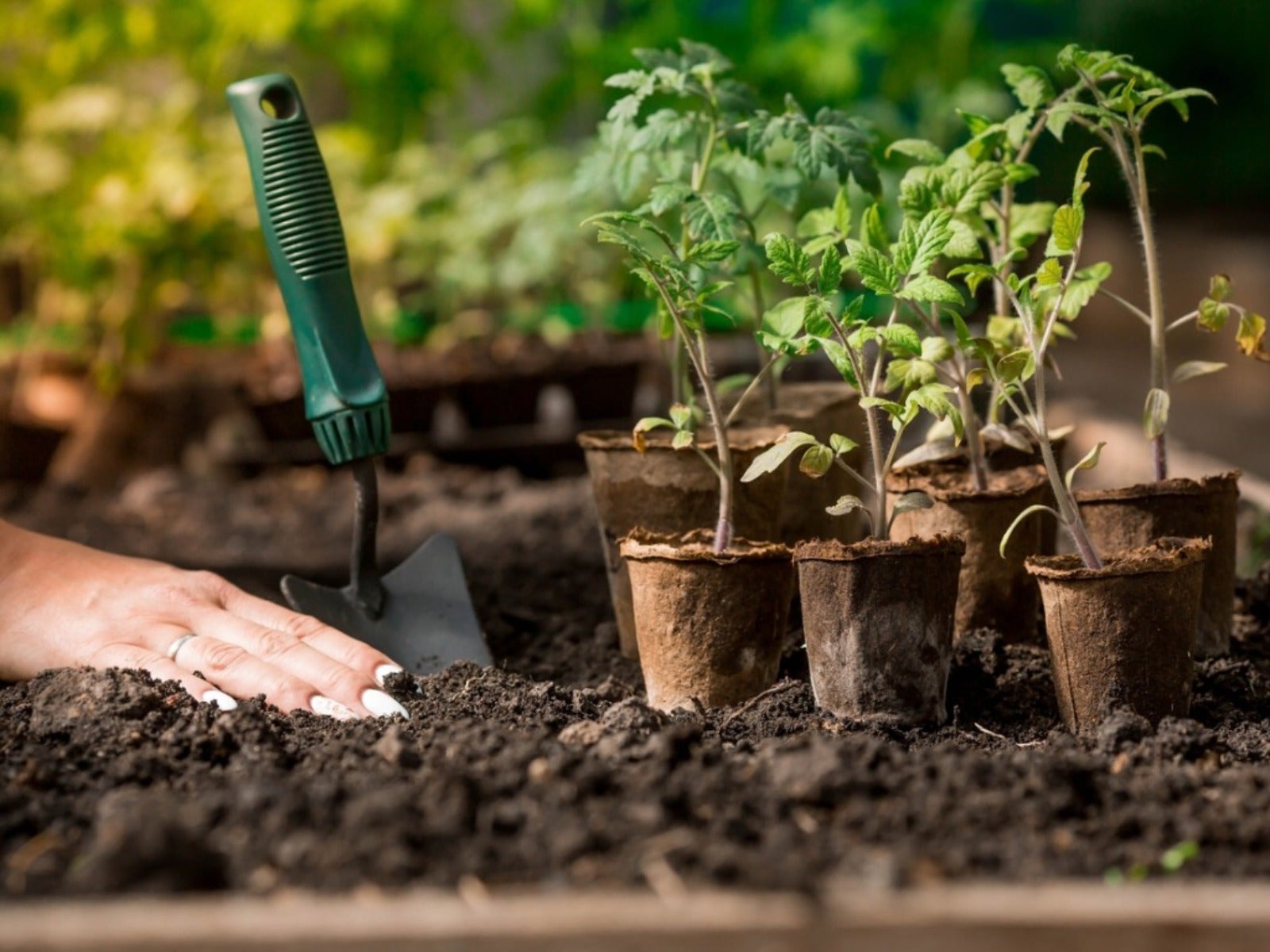 How Many Vegetables To Plant Per Person For A Year
How Many Vegetables To Plant Per Person For A YearGauging how much to plant in a vegetable garden can eliminate waste while still producing enough for your family. Click for more.
By Bonnie L. Grant
-
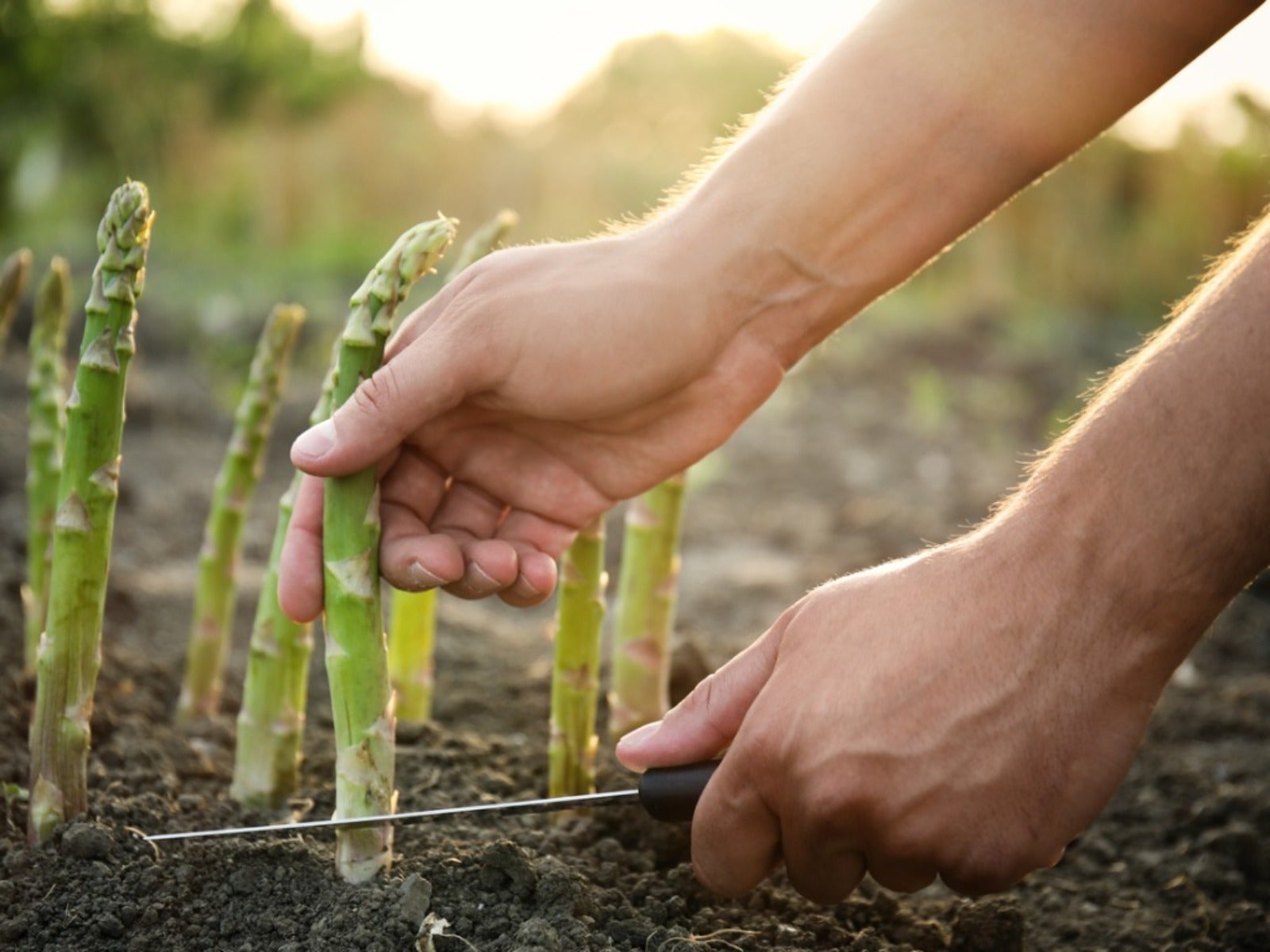 13 Perennial Fruits And Vegetables You Only Have To Plant Once
13 Perennial Fruits And Vegetables You Only Have To Plant OnceLooking to set it and forget it? Find out which fruits and vegetables can be grown as perennials.
By Laura Miller
-
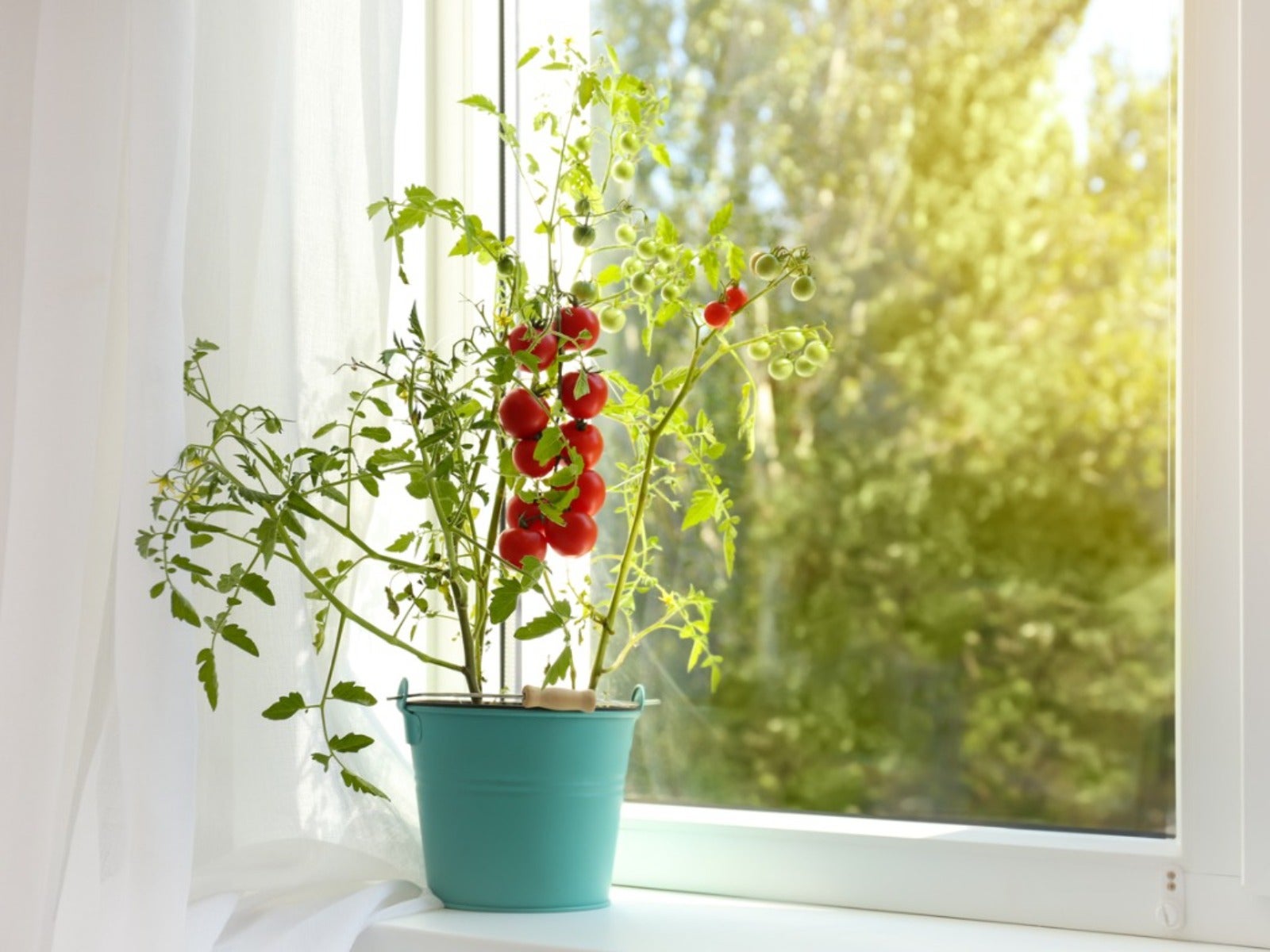 11 Edible Plants For A Year-Round Garden In A Bucket
11 Edible Plants For A Year-Round Garden In A BucketWant to know how to grow food inside your house and which foods do best indoors? Click here to learn all about it.
By Bonnie L. Grant
-
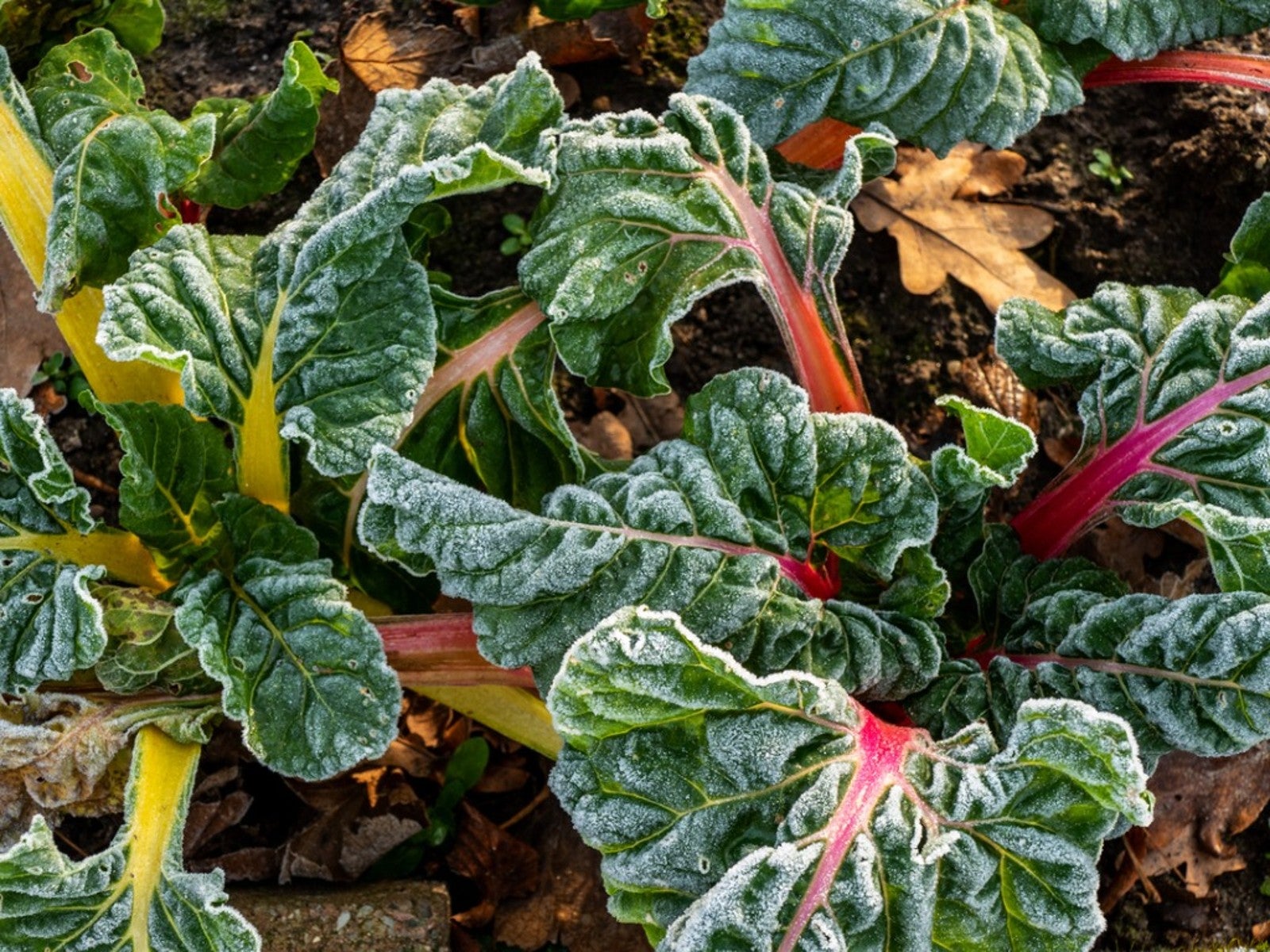 Frost Tolerance Of Vegetables From Least To Most Hardy
Frost Tolerance Of Vegetables From Least To Most HardyHow cold can vegetables tolerate? Knowing which veggies will survive frosts and freezes is essential for the success of your garden. Click here for more.
By Laura Miller
-
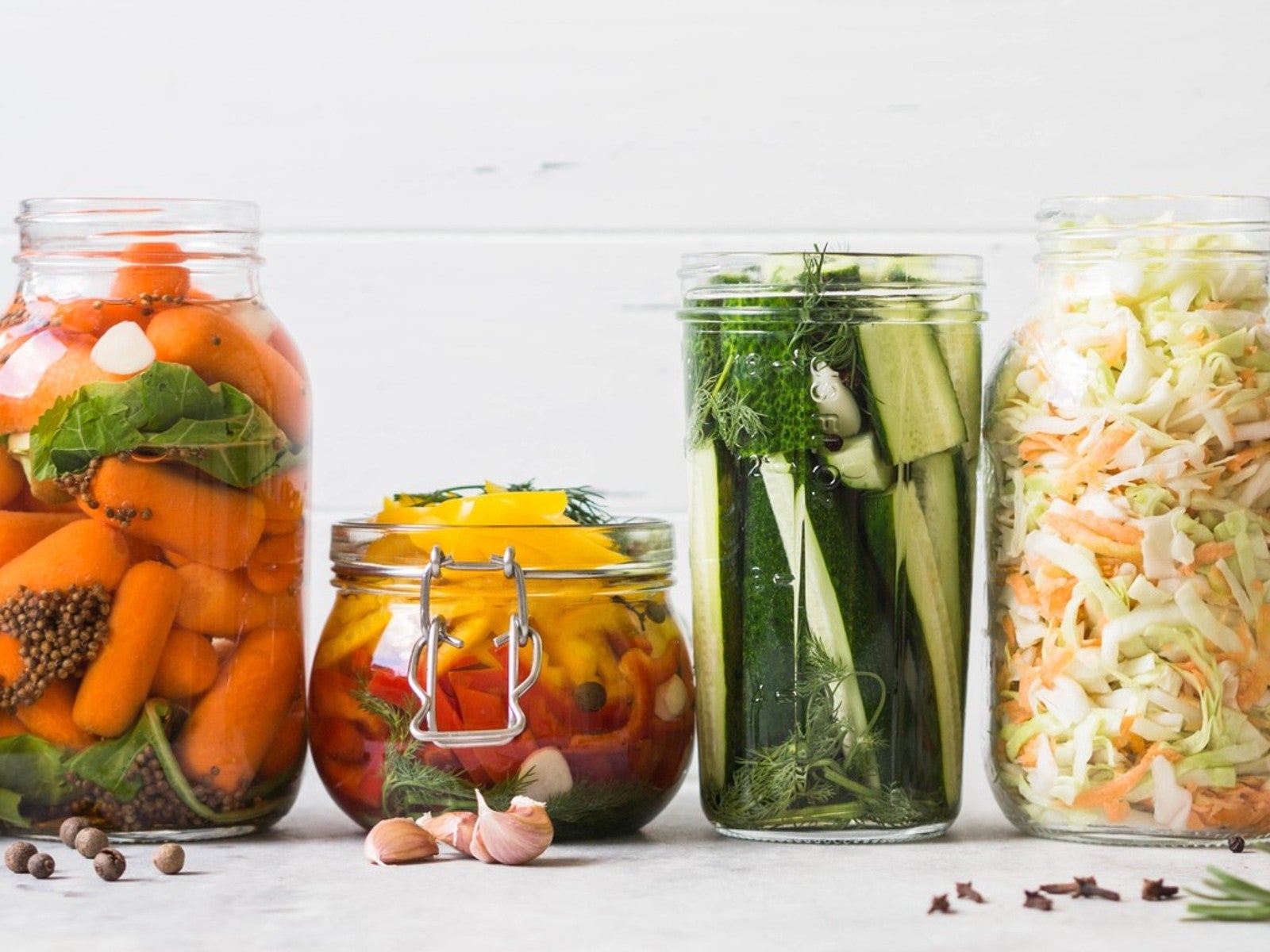 Best Vegetables To Pickle Straight From The Garden
Best Vegetables To Pickle Straight From The GardenPickles aren’t limited to just cucumbers. Read on for tips on pickling your fresh veggies.
By Amy Grant
-
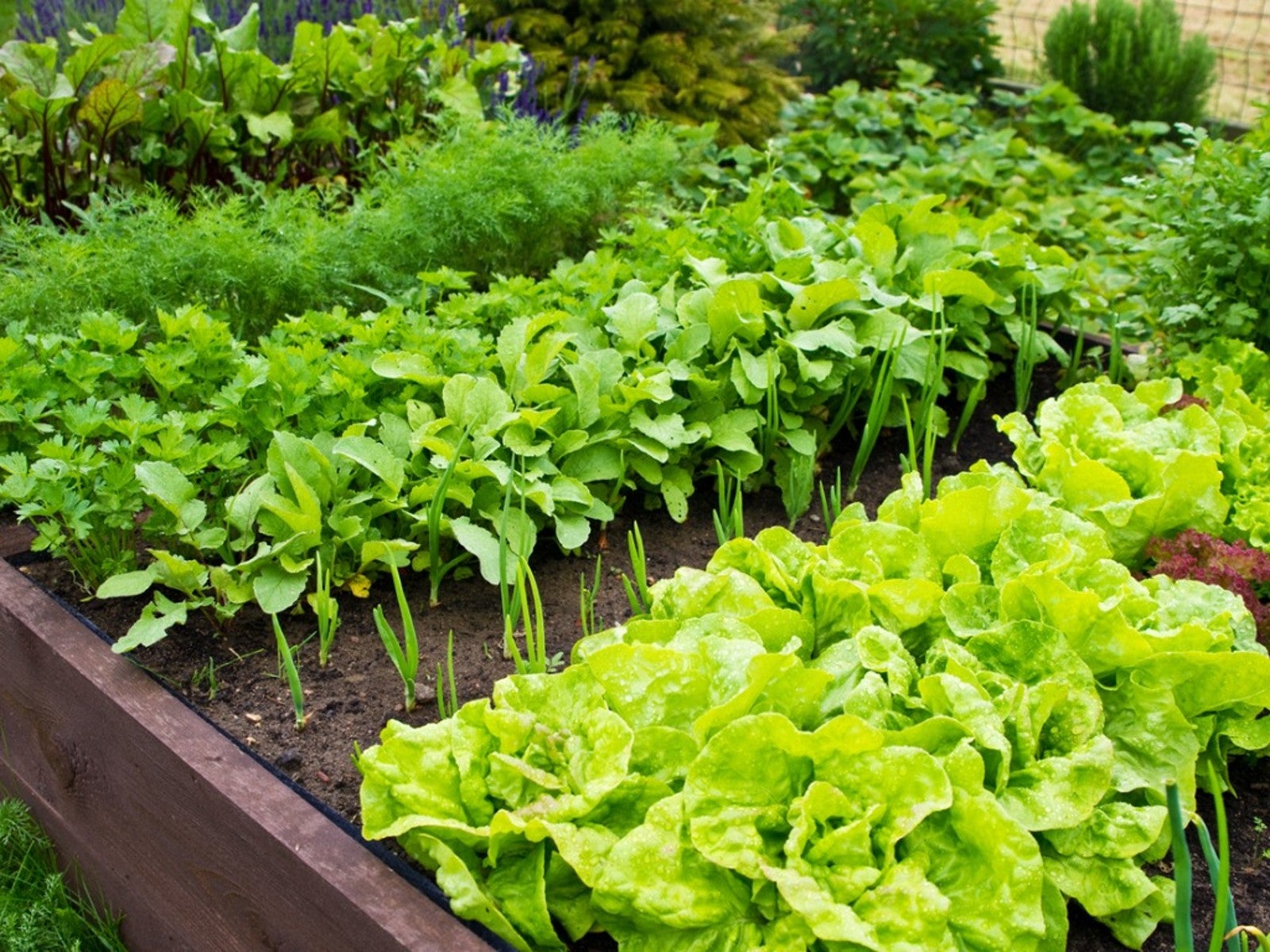 Benefits Of Planting In Fall Vs. Spring Vegetable Plots
Benefits Of Planting In Fall Vs. Spring Vegetable PlotsLearn why some vegetables do better if you plant them in fall instead of spring.
By Laura Miller
-
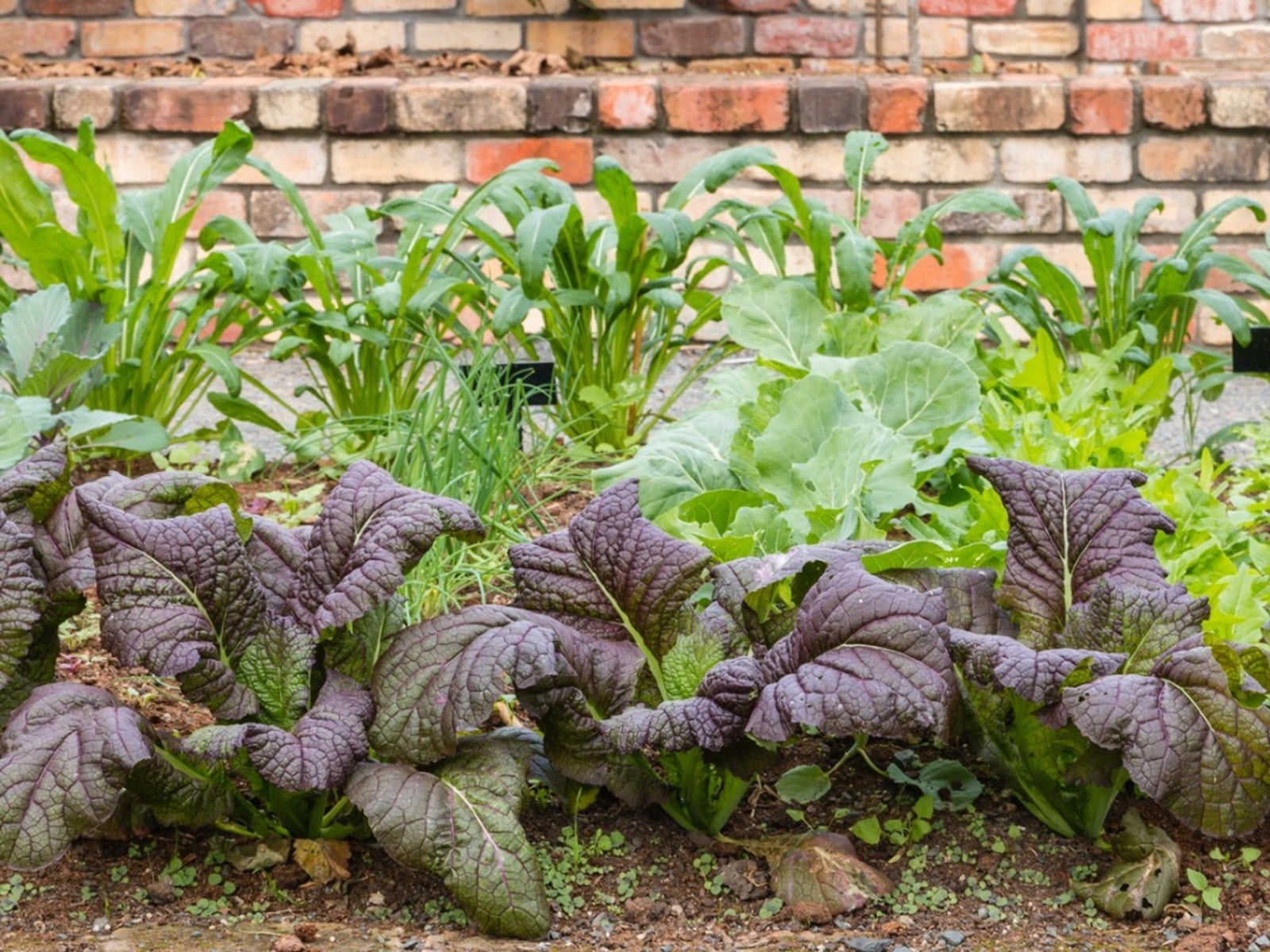 Interplanting Vegetables In The Fall Garden
Interplanting Vegetables In The Fall GardenLearn all about the benefits of interplanting vegetables for your fall garden.
By Laura Miller
-
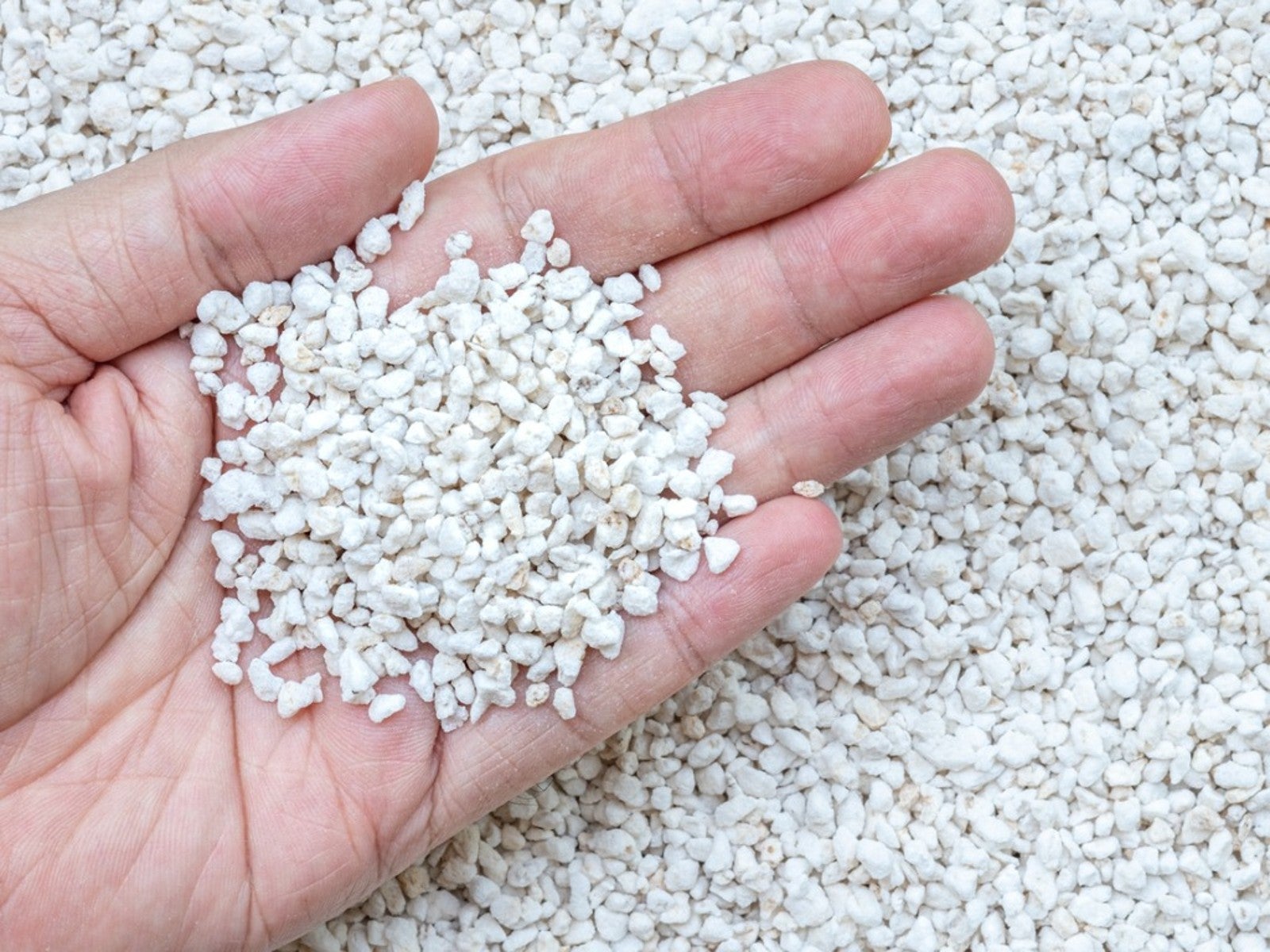 Best Vegetables For Growing In Perlite
Best Vegetables For Growing In PerlitePerlite is a natural growing medium that comes from super-heated volcanic glass. In some cases, it works better than soil. Read on for more info.
By Laura Miller